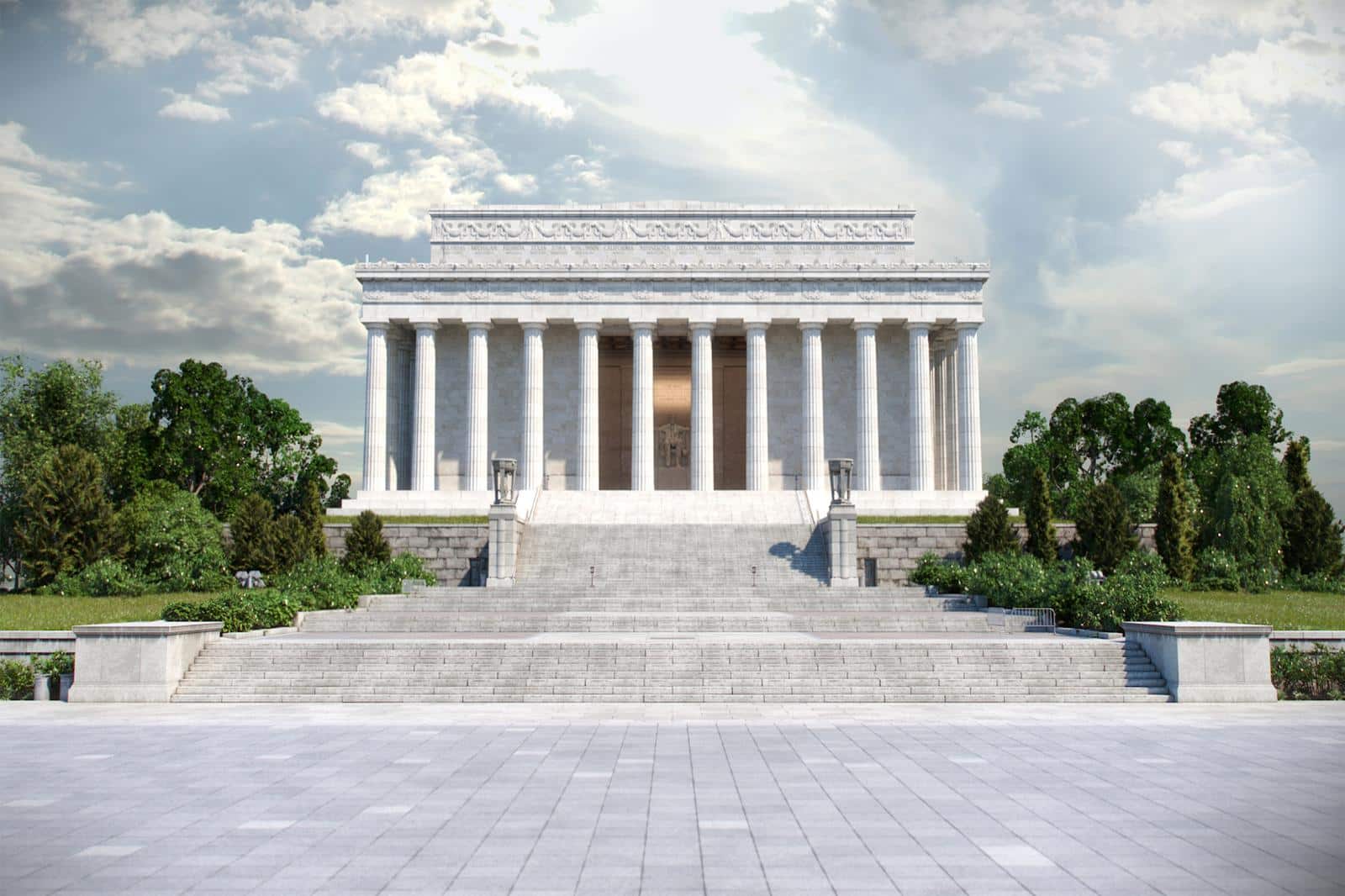New Federalism (Nixon)
Reacting to the growth of the federal government and the increased centralization that marked President Lyndon B. Johnson’screative federalism, the Nixon administration sought to…
This encyclopedia provides a comprehensive reference explaining the major concepts, institutions, court cases, epochs, personalities, and policies that have shaped, or been shaped by, American federalism. It describes federalism’s creation and evolution, and its influence on local, state, and national governmental institutions, procedures, and policies. The models used to explain the various historical eras in the development of federalism are also included. Originally published by Greenwood Press in 2005, this encyclopedia contained over 400 entries relating to American federalism. In its current online form, entries are being added and old ones updated. See more…

Reacting to the growth of the federal government and the increased centralization that marked President Lyndon B. Johnson’screative federalism, the Nixon administration sought to…
Born on January 9, 1913, in Yorba Linda, California, Richard M. Nixon would become the thirty-seventh president of the United States. Nixon attended Whittier…
See Civil Rights Act of 1875; Civil Rights Act of 1964
Theodore Roosevelt (1858–1919), the twenty-sixth president of the United States, recast the presidency into an institution of national political leadership by pursing an aggressive…
As chief justice of the United States from 1801 until his death in 1835, John Marshall of Virginia played a formative role in establishing…
Considering its pre-Constitution origins as the product of a weak legislature about to expire, the Northwest Ordinance was remarkable in its enduring contribution to…
The second and third sections of Article VI of the U.S. Constitution provide, The Constitution and the Laws of the United States which shall…
Named after nineteenth-century Ohio Judge John Forrest Dillon, who famously expounded the principle, Dillon’s Rule is a strict construction of the authority of local…
The Constitutional Convention was a signal event in the history of federalism for it was there that the American style of federalism originated. The…
Federal-State relations have many facets, from legal and financial to political, and have varied from cordial to combative. This entry examines the constitutional clauses…
A national power to regulate commerce, along with the closely connected need for national revenues, was the most immediate cause of the Philadelphia Convention…
The Constitution of the United States, as originally written, contained only 7,000 words. However, the authors recognized the necessity of amending the document. The…
From June 18 to July 14, 1798, the Federalist Party in Congress passed four acts regulating the press and controlling the activities of aliens,…
417 to 429
|
481 Results
The Center for the Study of Federalism (CSF) is a nonpartisan, interdisciplinary research and education institution dedicated to supporting and advancing scholarship and public understanding of federal theories, principles, institutions, and processes as practical means of organizing power in free societies.
All of the CSF Fellows hold advanced degrees, are affiliated with academic institutions, and are scholarly experts in their fields. For more on each Fellow see CSF Fellows.
Most political and public issues in the United States are influenced to some extent by its federal system. Yet many do not understand that system. The CSF website seeks to foster a better understanding among the general public and scholars of federal governing systems generally and, specifically, of the federal system of government in the United States of America.
The CSF materials are free to use for educational purposes. If published, please acknowledge CSF as the source. If you intend to use these materials for profit, please, contact the Center for the Study of Federalism for permission. Some materials on the website are not owned by CSF and permission to use those materials should be sought with those holding legal title to the material.
Click here to sign-up to receive notifications about CSF materials and events. We will not share your email with any outside organizations or individuals.
Please direct all questions and comments related to this website, and inquiries about the research and teaching grants and awards, to us here. Remember CSF is a nonpartisan, interdisciplinary research and education institution.